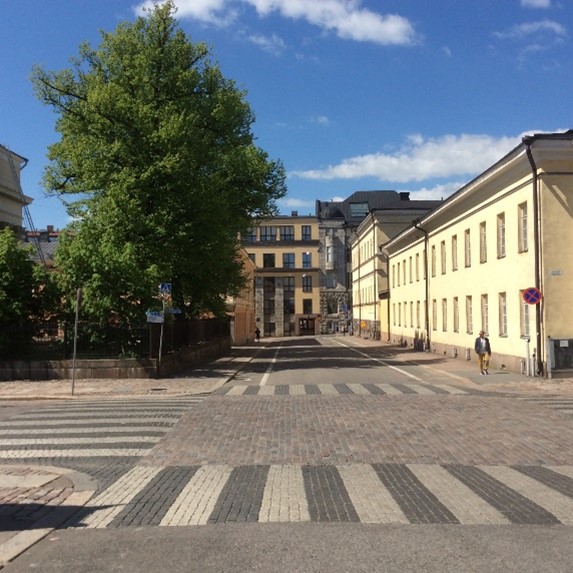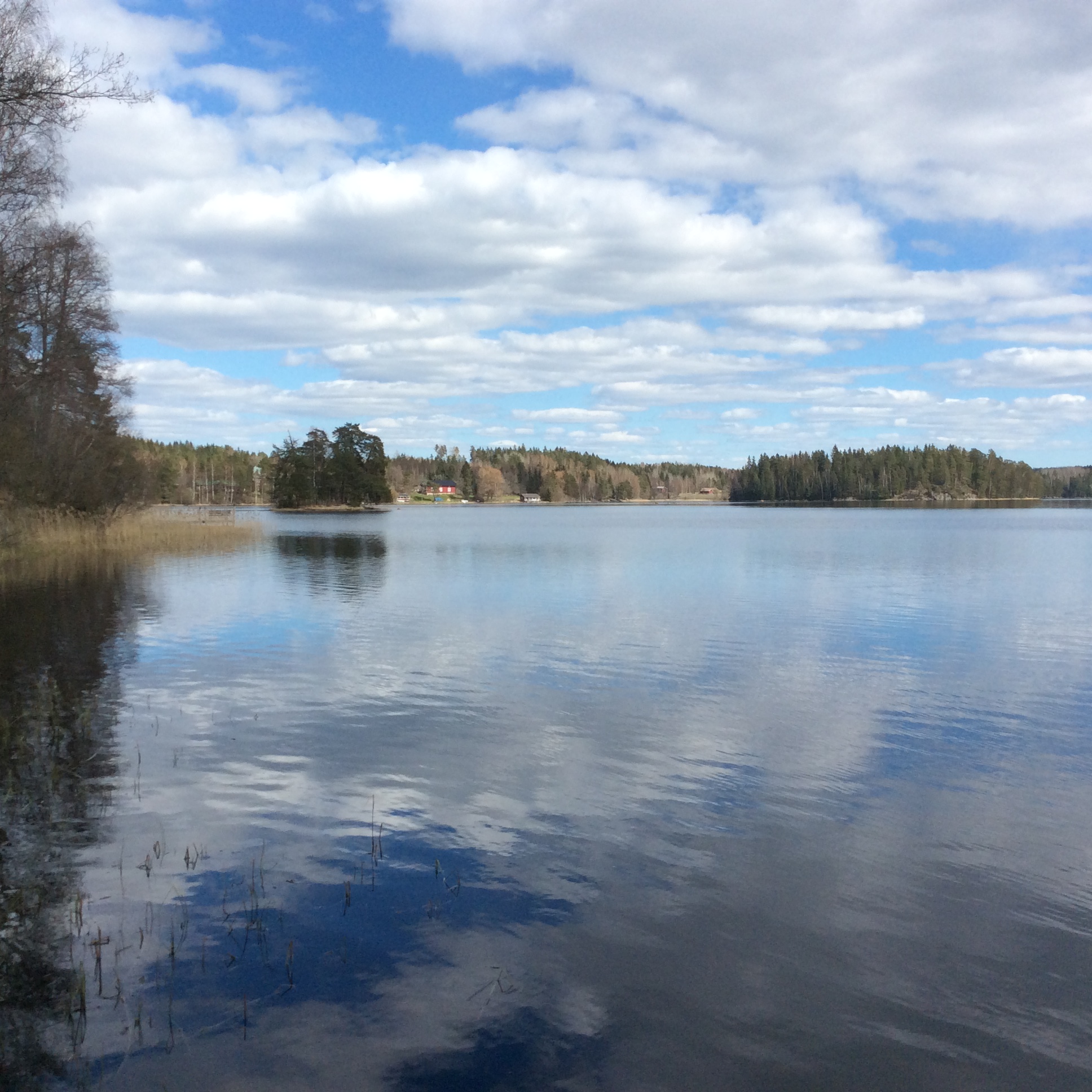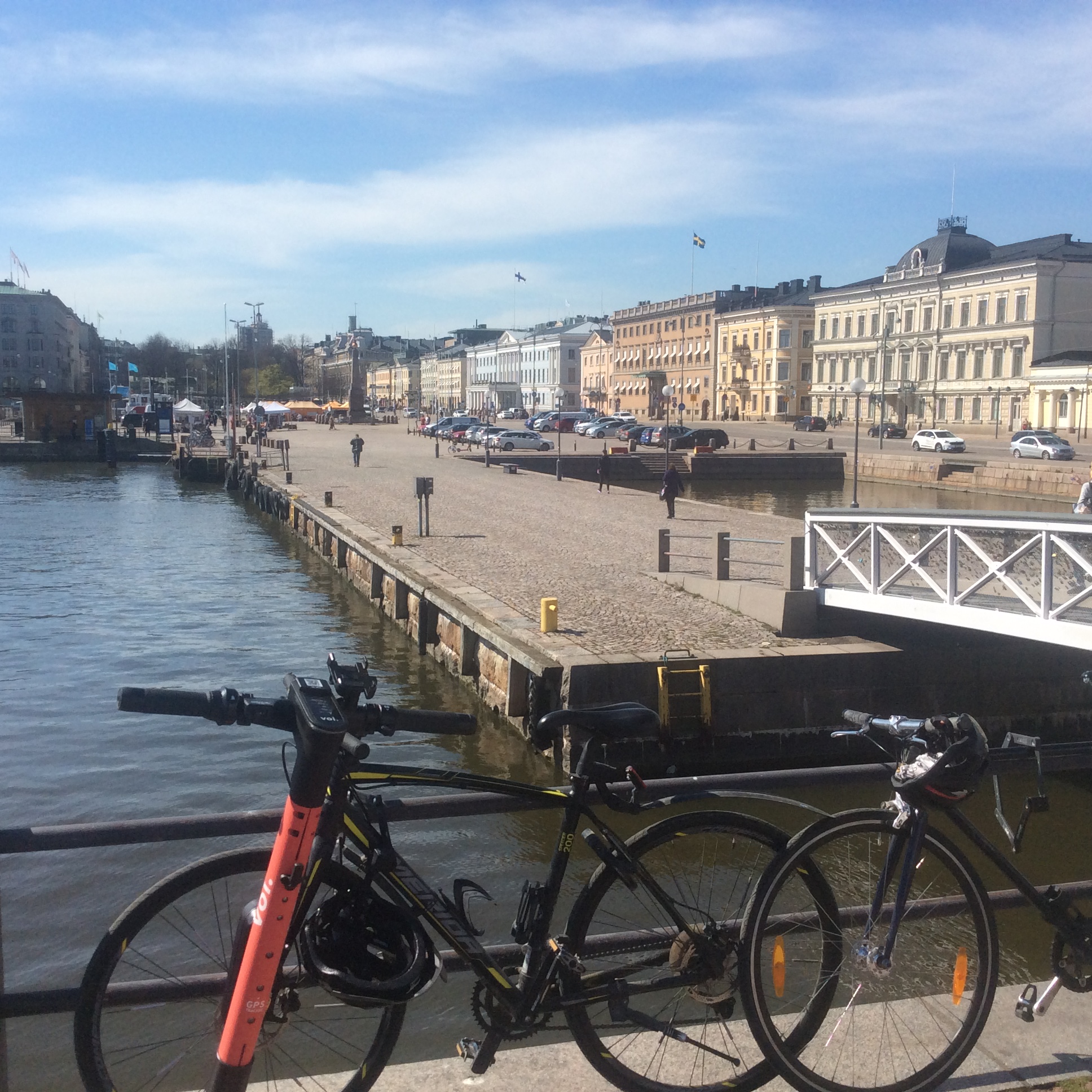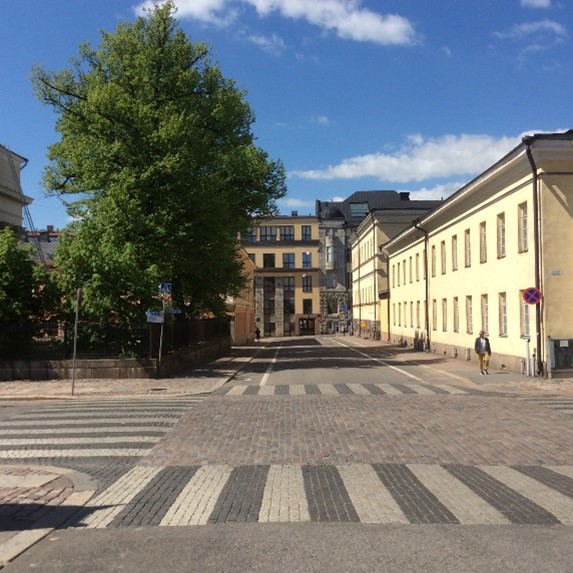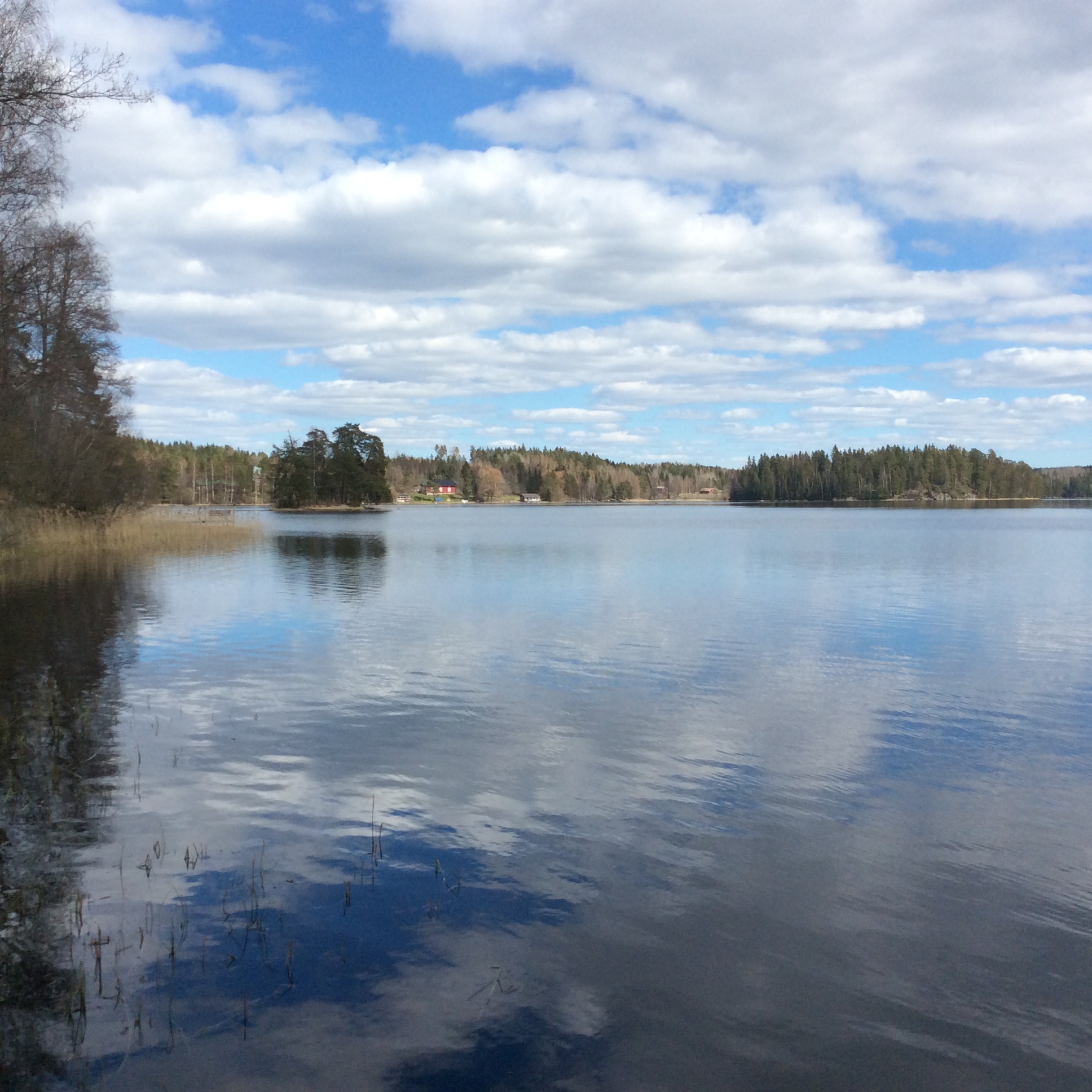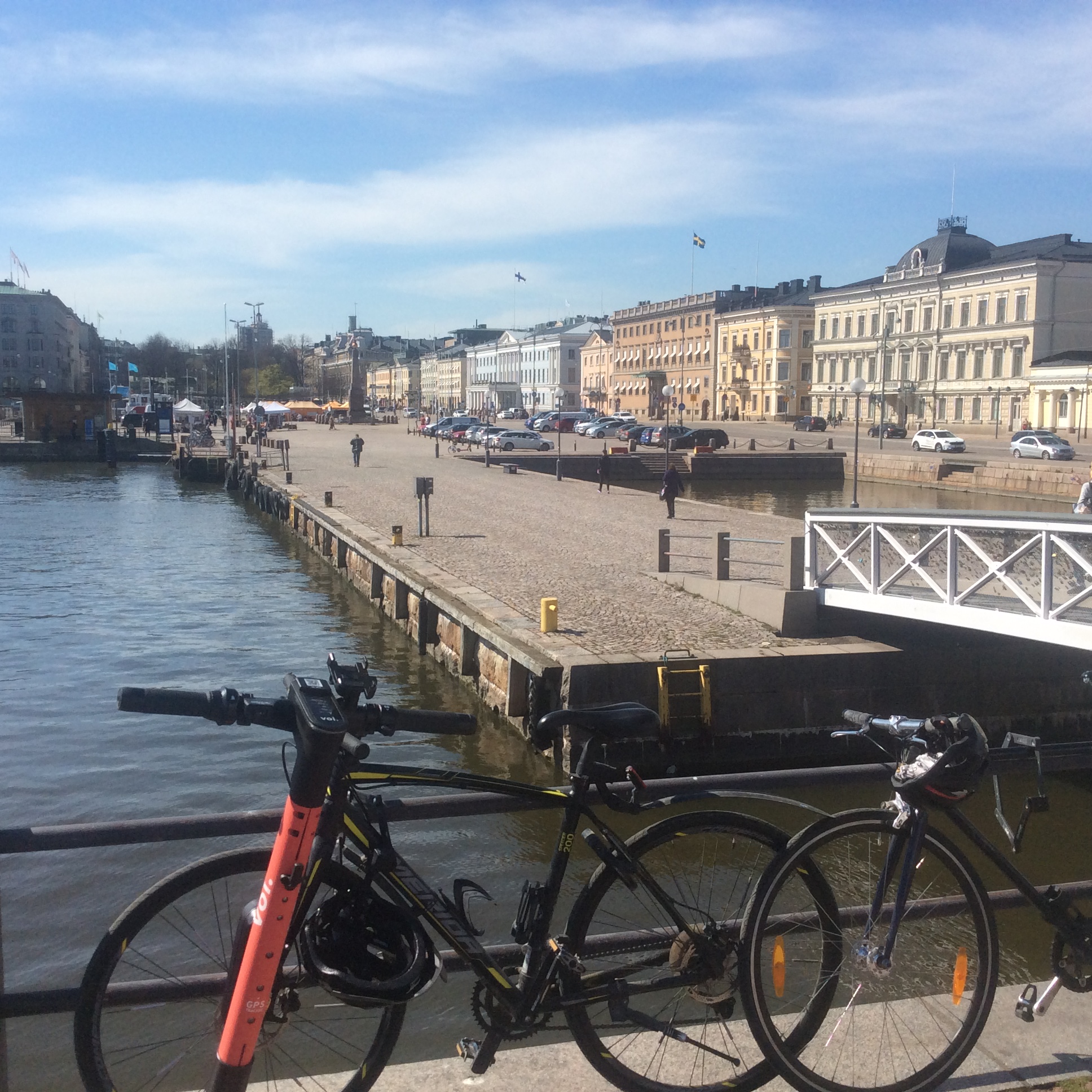Letters from HUAP (until 2024)
Dr. Juha A. Janhunen
It was an unexpected honor for me to be invited to the role of a Hokkaido University Partner in Helsinki some years ago. I assume that I was selected because of the field of my academic chair, East Asian Languages and Cultures-of which Japanese Studies is a part. However, I also have a much deeper personal connection with Hokkaido University: I studied at Hokkaido University as a Monbusho (now, MEXT ) visiting research student, back in 1978-1979. My host at Hokkaido University was the internationally renowned linguist Professor Jiro Ikegami (1920-2011), a famous specialist of Manchu and other Asian languages. Later, in 2001, I spent half a year at Hokkaido University as a visiting research fellow of the Slavic Research Institute, upon the invitation of the distinguished ethnographer Professor Koichi Inoue. During these prolonged research stays, followed by many shorter visits to Hokkaido University for conferences over the years, I have come to appreciate Hokkaido University as my second “home university”.
When I first came to Hokkaido, I immediately felt the close similarity with Finland. During my travels in all parts of Hokkaido, I found that the entire natural environment – the climate, vegetation, and the animal world, is surprisingly like that of Northern Europe. Sapporo is a Japanese city where a Finnish person can feel at home. In addition, Hokkaido University and the University of Helsinki are of similar size, and are located at the heart of their cities.
In 2011, I was very glad to learn that Hokkaido University decided to establish its Europe Office at the University of Helsinki. Many of my collaborative projects with Hokkaido University have been connected with the Europe Office. I remember, in particular, a very interesting seminar on the history of “Turanism”, organized by the Europe Office. “Turanism” was a pre-war cultural movement that linked Japan with Eurasia as far west as Turkey, Hungary, and Finland. It cannot be ignored that there are many phenomena, both cultural and linguistic, that the Finns share with the Japanese, as well as with several other peoples in Northern and Central Eurasia. My own research is concerned with the languages and prehistory of Siberia and Mongolia in particular, fields that are also being studied at a high international level at Hokkaido University. The University now has a separate Center for Ainu and Indigenous Studies, which is without a doubt the world leader on topics pertaining to the Ainu.
The pandemic has been a challenge for maintaining international contacts at all levels. In Helsinki, Hokkaido University is fortunately constantly present in the form of its Europe Office, and there is the possibility of distant collaboration, but for students and teachers alike it would be important to maintain a direct contact as well. I sincerely hope that mutual visits will be possible very soon again. For our university, Hokkaido University is one of strategic partners in Japan, and I always recommend Hokkaido University, ahead of other Japanese universities, as an exchange target for our students.
- Part of the University of Helsinki Center Campus: Asian languages department in the yellow building to the right. Hokkaido University Europe Office in the brown building in the back.
- Lake view (from the countryside).
- Wild roses at the seaside in southern Finland
- Helsinki harbor with the central plaza at the seaside
北海道大学パートナーとして招かれ、大変光栄に感じています。私が選ばれたのは、私が専攻している「東アジア言語文化論」という学問分野の一部に日本研究が含まれているからだと思います。また、私が1978年から1979年にかけて文部科学省の客員研究員として北海道大学に留学していたことがあり、北海道大学とは個人的に深いつながりがあるからかもしれません。当時の指導教官は、アジア言語の専門家として世界的に有名な池上二良教授(1920-2011)でした。その後、2001年には、著名な民族学者である井上紘一教授の招きで、スラブ研究センター(現:スラブ・ユーラシア研究センター)の客員研究員として半年間北海道大学に滞在しました。このような長期の研究滞在に加え、会議のために北海道大学を訪れることも多く、北海道大学は私にとって第二の故郷です。
北海道に来てすぐに感じたことは、フィンランドとの親近感でした。北海道のあらゆる場所を旅しているうちに、気候や植生、動物の世界など、自然環境全体が驚くほど北欧に似ていることに気がつきました。札幌は、フィンランド人がくつろげる日本の都市です。北海道大学とヘルシンキ大学は規模が似ていて、メインキャンパスを都心に置いていることも大きな共通点です。
2011年、北海道大学がヘルシンキ大学内に欧州ヘルシンキオフィスを設置したことは、私にとってとても嬉しい出来事でした。私は、このヘルシンキオフィスと連携し、北海道大学との共同プロジェクトを進めています。特に覚えていることは、ヘルシンキオフィスが主催した「ツラニズム」の歴史についてのセミナーです。ツラニズムとは、日本とトルコ、ハンガリー、フィンランドなどのユーラシア大陸を結ぶ戦前の文化運動のことです。フィンランド人が日本人や北・中央ユーラシアの他のいくつかの民族と、文化的にも言語的にも多くの現象を共有していることは、無視できない事実です。私は、特にシベリアとモンゴルの言語と先史時代を研究していますが、これらの地域は北海道大学でも国際的に高いレベルで研究されています。また、北海道大学にはアイヌ・先住民族研究センターがあり、アイヌ民族に関する分野では間違いなく世界をリードしています。
今回のパンデミックでは、あらゆるレベルで国際的なコンタクトを保つことが課題となりました。ヘルシンキでは、幸いにも北海道大学が欧州オフィスという形で常に存在していますが、双方の学生や教員にとっては、やはり対面での交流が重要です。一日も早く相互訪問が実現することを願ってやみません。私たちの大学にとって、北海道大学は日本における戦略的パートナーのひとつであり、学生の交流先として、私はいつも北海道大学を推薦しています。北海道大学の学生と先生方は、この例外的な時代を乗り越えるための粘り強さと力強さがあると思っています。双方の対面での交流が再開されることをとても楽しみにしています。
- フィンランド大学中央キャンパスの一部。右手の黄色の建物がアジア言語学部。奥の茶色の建物が北海道大学欧州ヘルシンキオフィス
- フィンランドの田舎の湖
- 南フィンランドの海辺に咲くハマナス
- 海辺に中央広場があるヘルシンキ港


